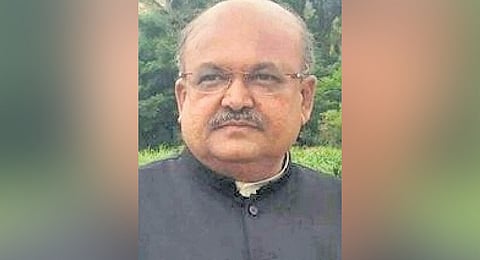

BENGALURU: Karnataka State Guarantees Panel chairman and Backward Class Legislators Forum convenor HM Revanna said that the long-awaited caste census will shake the very foundations of Karnataka’s political landscape. “This is a historic moment,” Revanna stated, signaling a seismic shift in power dynamics.
“Backward Classes who have long cried foul over underrepresentation can finally look forward to real, tangible change — more seats, more say, and more strength in both the Assembly and Parliament,” he said, pointing out that states like Tamil Nadu and Jharkhand enjoy more than 50 per cent reservation. “Why not Karnataka,” he asked, adding that the members of the Backward Classes number 52 per cent, but are presently getting only 32 per cent reservation.”
Revanna recalled his days as an MLA from Magadi in 1989 and 1994. “Back then, my own Kuruba community barely numbered 2,500 in the constituency — but now, caste identity has emerged as a powerful political force. It’s not just relevant — it’s dominant.” Revanna has not won an Assembly election since then and the last one he contested in May 2023, he lost to JDS’ HD Kumaraswamy, in Channapatna.
Kurubas, the largest of the Backward communities and who are about 7.8 per cent, are not small; they are present right from Chamarajnagar to Bidar, and in some constituencies like Badami, their numbers are fairly large.
The other influential Backward community is the Gangamathasta (fisherman community), who are also equally large, and the other big Backward community are the Edigas. They are all a deciding factor in about 110-120 constituencies in Karnataka, explained analysts.
Responding to criticism from some communities, claiming that the caste census is “unscientific”, Revanna said, “First read the report before judging. Enumerators reached 98 per cent of rural households and over 80 per cent in urban areas. These were government employees — mainly teachers — not some shady operators with an agenda.”